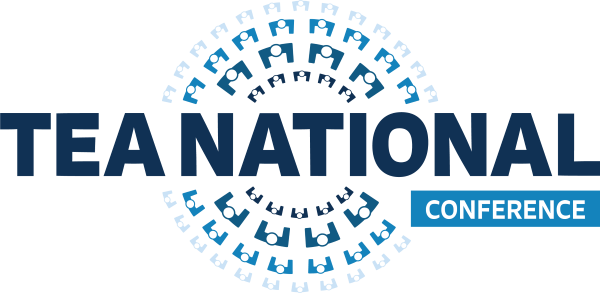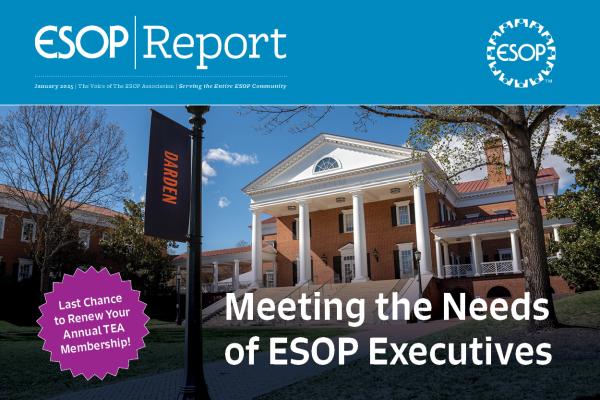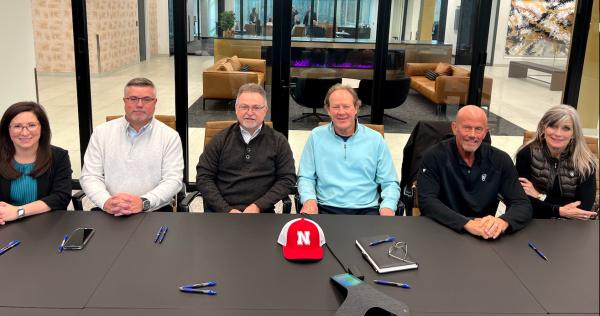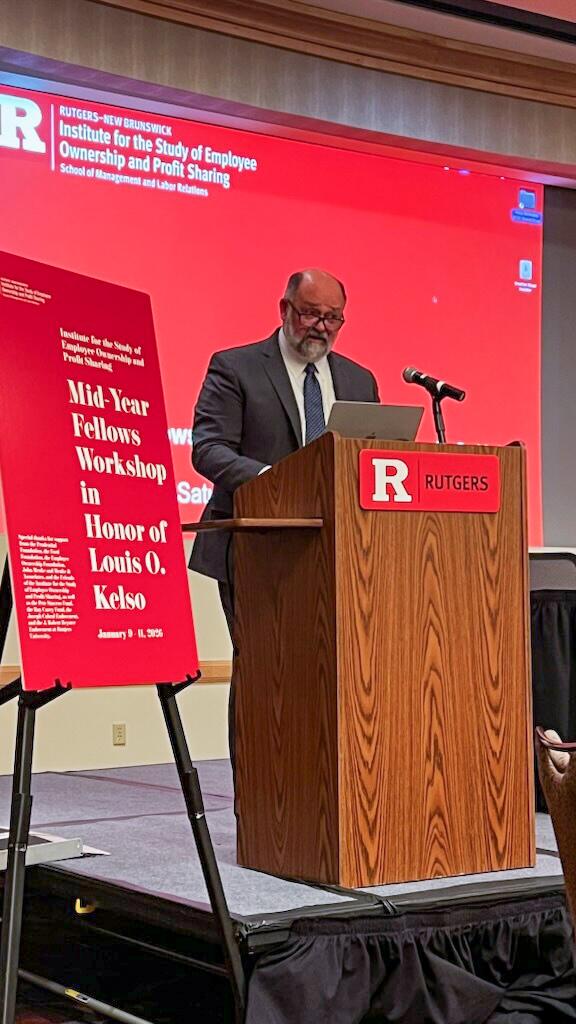ESOPs are gaining momentum in state legislatures across the country, with an increasing number of states passing or considering laws to support employee ownership. These legislative initiatives recognize the economic and social benefits of ESOPs and aim to make transitions to employee ownership easier and less costly. The ESOP Association (TEA) has been at the forefront of these efforts, advocating for policies that empower employee-owned businesses.
Below, we will review some of the most popular policies that state legislatures are adopting and how TEA is helping our members advocate for legislation that will power the expansion of employee ownership throughout the country.
Tax Incentives
Several states have implemented tax incentive programs to make it less costly for businesses to transition to employee ownership. These laws typically allow businesses to claim tax credits equal to a percentage of their transition costs, up to a specified limit. Such incentives help offset the financial burden associated with converting to an ESOP, making it a more viable option for business owners. Colorado, Iowa, Nebraska, and Missouri have successfully passed tax credit programs, and Wisconsin is considering similar legislation.
State Employee Ownership Offices
Multiple states have established dedicated Employee Ownership Offices to act as the epicenter for promoting employee ownership in the state. These state-run offices serve as crucial resources for educating business owners about the benefits of ESOPs, administering grants, and overseeing tax incentive programs. These state-run offices will be first in line to receive federal grants from the Employee Ownership Initiative at the U.S. Department of Labor. States that have already implemented these offices include California, Colorado, Massachusetts, and Washington, with New York, Pennsylvania, Tennessee, and Texas considering similar programs over the past few years.
Contracting Preferences
A groundbreaking legislative development in North Carolina has set a precedent for ESOPs to qualify for contracting preferences for historically disadvantaged individuals. Under this "look-through" provision, ESOPs in which at least 51% of employee-owners are from a disadvantaged community can qualify for set-aside state contracts. This allows employee-owned businesses to access opportunities previously unavailable to them. Previously, Maine passed a law giving employee-owned companies a specific preference for state renewable energy contracts, but North Carolina is the first state to include employee owners in consideration for contracts for historically disadvantaged individuals. Contracting preference legislation has also been considered in Tennessee, Texas, and California in recent years.
Linked Deposit Program
Indiana has taken a unique approach by proposing to reestablish an ESOP Linked Deposit Program that last operated in the state in the early 2000s. This program would use state funds to provide ESOPs with loans at reduced interest rates to facilitate the purchase of company shares. If enacted, it would offer a powerful financial tool for businesses transitioning to employee ownership.
TEA's Role in Supporting State-Level ESOP Legislation
The ESOP Association has been instrumental in advocating for and supporting these legislative efforts at the state level. TEA employs a variety of tools to champion pro-ESOP policies and ensure their success.
Support Letters
As the largest and only comprehensive advocacy organization representing ESOPs, TEA’s letters of support carry significant weight with state legislators. Recently, TEA sent a letter in support of Colorado’s HB25-1021, which expands employee ownership tax credits. These letters help legislators understand the benefits of ESOPs and the importance of enacting policies that promote them.
Employee Ownership Action Network (EOAN)
TEA has also leveraged its grassroots advocacy network, the Employee Ownership Action Network (EOAN), to rally support for key legislative initiatives. EOAN has been instrumental in mobilizing support for ESOP legislation in states like Colorado and Massachusetts. Through this network, TEA connects advocates with their state representatives, amplifying the voices of employee owners and increasing awareness of ESOPs’ economic benefits.
State Advocacy Days
One of the most powerful tools in TEA’s advocacy arsenal is State Advocacy Days, where TEA members visit their state capitals to engage directly with legislators. In 2024 and 2025, TEA held its first-ever State Advocacy Days in Wisconsin with remarkable success.
In June 2024, TEA’s Wisconsin Chapter organized an inaugural State Advocacy Day, bringing more than three dozen attendees to visit and drop off educational materials at every legislative office. The goal was to educate legislators on the benefits of ESOPs and establish relationships with policymakers. While no specific ESOP legislation was on the agenda, the event laid the foundation for future advocacy efforts.
The impact of this initial effort became clear when TEA members returned in 2025. By this time, Wisconsin Chapter leaders had collaborated with state legislators to draft Senate Bill 21, a bipartisan measure that provides tax incentives for businesses transitioning to employee ownership and establishes an employee ownership outreach program. Prior to TEA’s Advocacy Day, the bill had only two co-sponsors—one in the Senate and one in the House. By the end of the event, that number had skyrocketed to 26 bipartisan co-sponsors, demonstrating the undeniable power of in-person grassroots advocacy.
The Power of Grassroots Advocacy
The success of these policies throughout the country underscores the vital role of TEA members in advancing ESOP legislation. Without the dedicated efforts of these advocates, this progress would not have been possible. As states across the country consider similar measures, TEA is ready to deploy all available advocacy tools to support employee ownership. With strong grassroots support, the future of pro-ESOP legislation looks brighter than ever.









